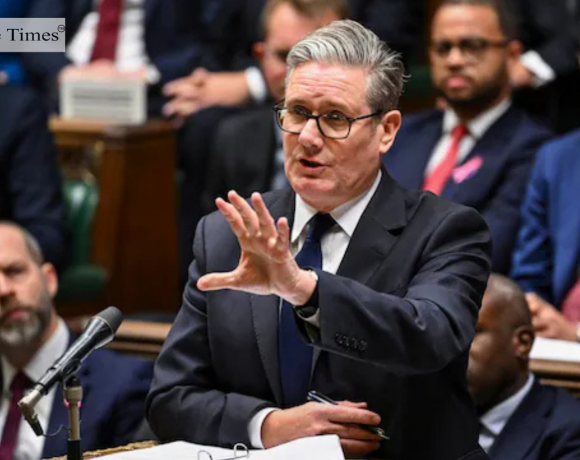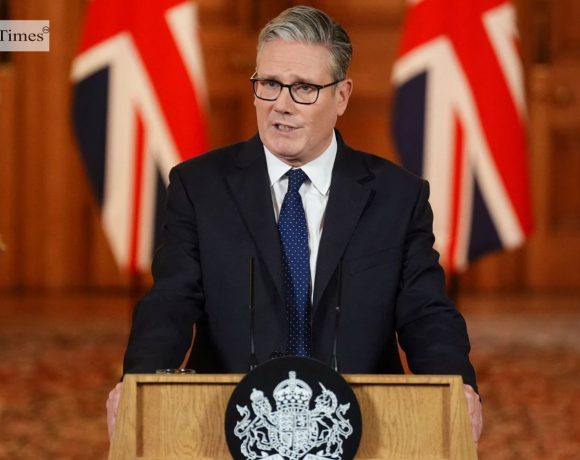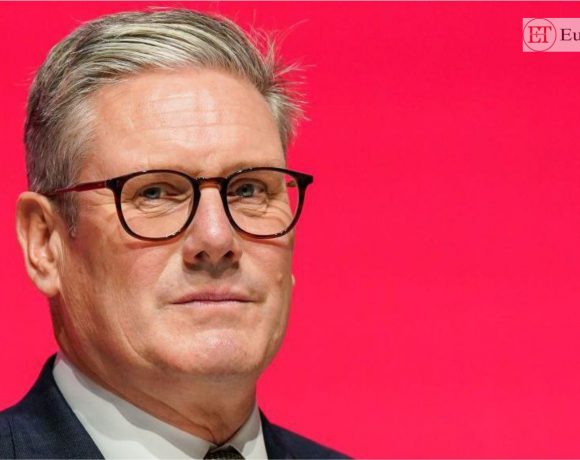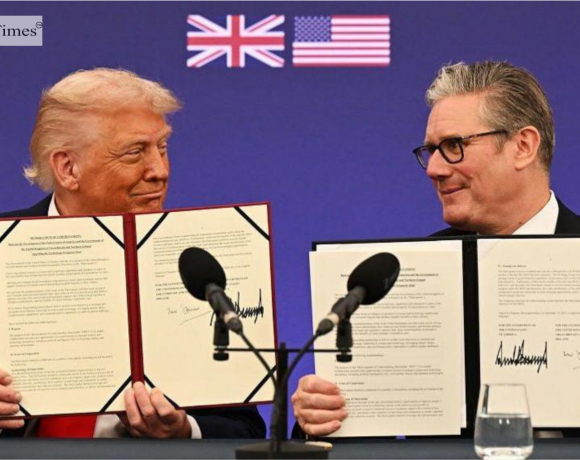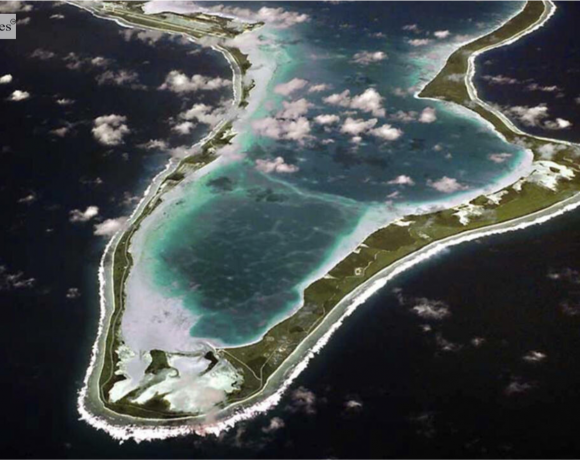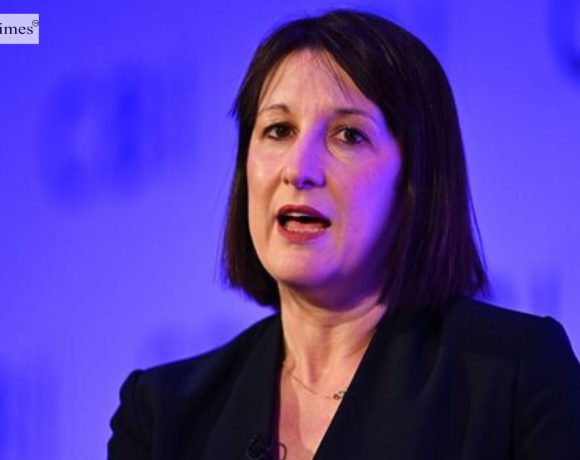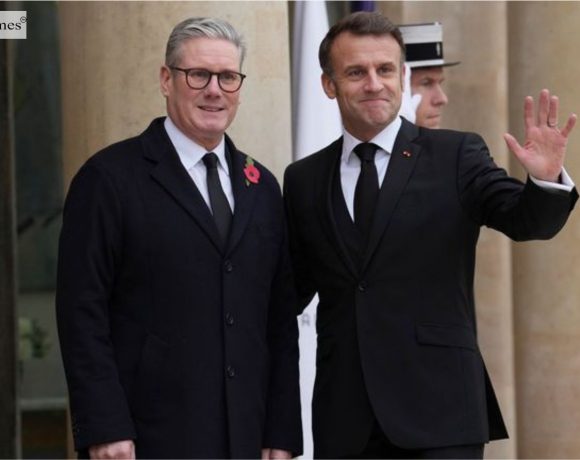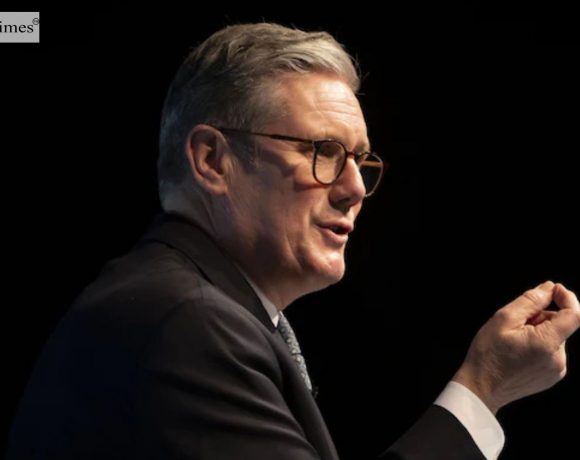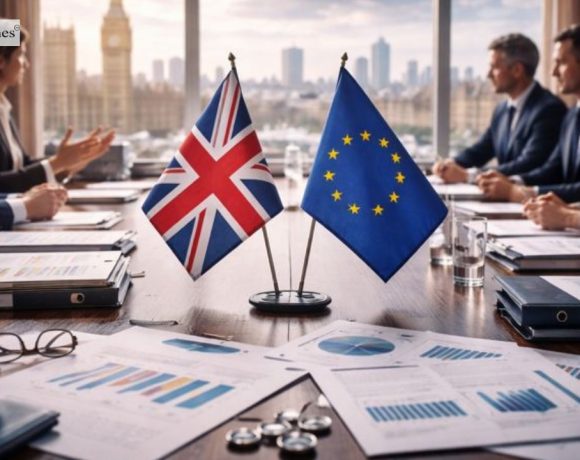
The head of the Trades Union Congress (TUC), Paul Nowak, has urged Prime Minister Sir Keir Starmer to keep the option of an EU customs union open as part of efforts to revive the UK economy. Speaking to the BBC, Nowak said the UK needs the “closest possible economic and political relationship” with the European Union, warning that public trust in mainstream politics could erode further if living standards do not improve.
Although Starmer has pledged to reset relations with Brussels, he has ruled out rejoining the EU single market or customs union, citing concerns that it could undermine recent trade deals with countries such as the US and India. Nowak, however, argued that Brexit has contributed to higher prices and trade barriers, particularly affecting industries like aerospace, automotive and steel. He said the government should “rule nothing out” and carefully assess all options to strengthen ties with the UK’s largest trading partner.
Nowak also stressed the importance of delivering fully on the government’s Employment Rights Act to improve job security and living standards, warning that failure to act decisively could push voters away from Labour. With polling showing financial insecurity among many households, he said economic improvement — not rhetoric on immigration — was key to countering political discontent and restoring faith in democratic politics.
Pic courtesy: google/ images are subject to copyright

